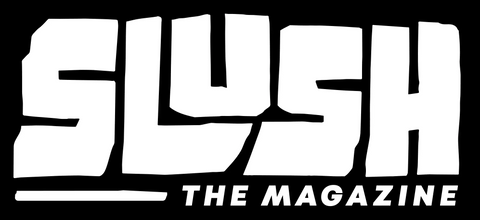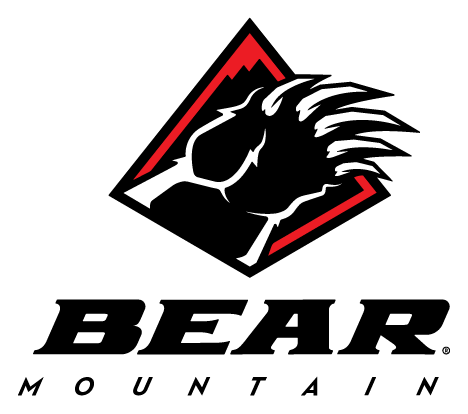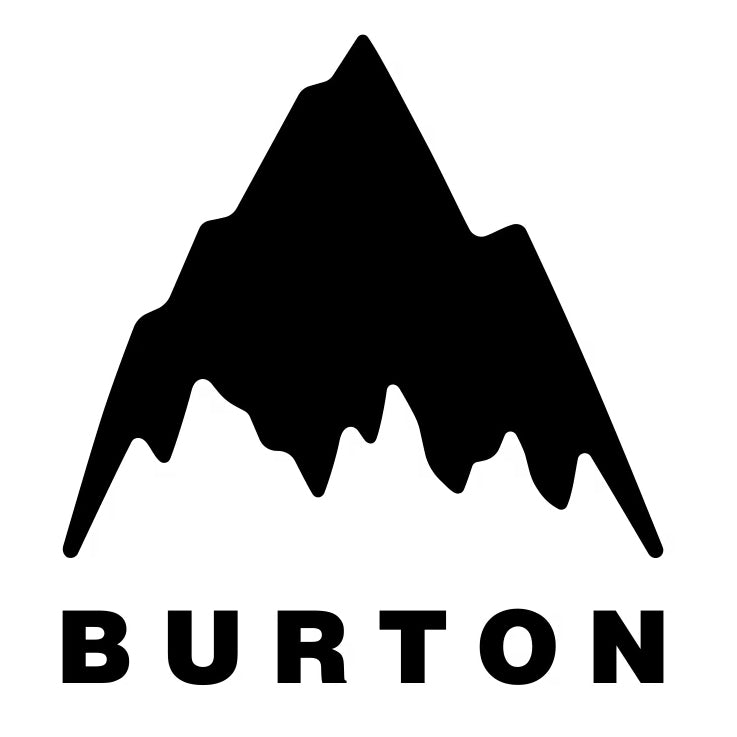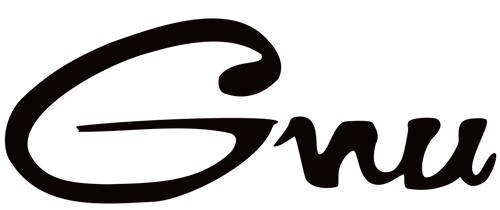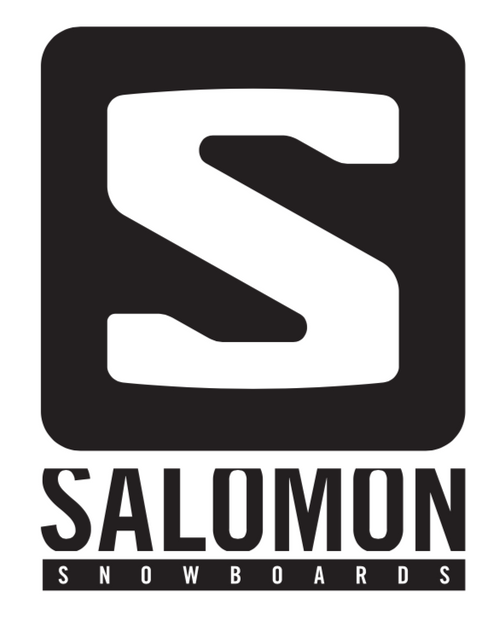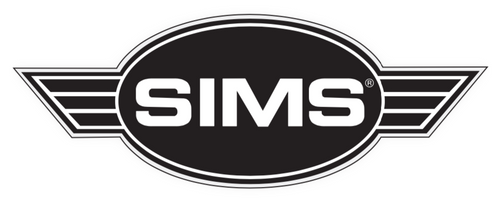
The following article was originally printed in the October 2024 Issue of Slush. To access the full article click here.
What drove you to continue working in the industry after riding? How does that transition happen?
Well, after you snowboard for 15 to 18 years professionally, you kind of don't have another skill set. You've dedicated your life to something, and you just know that area inside and out. So it just makes sense for you to transition into it.
And as far as commentating goes, what was your first gig?
I got hurt right before one of the Vail sessions, and they just asked me to get on the mic at night. I was buzzed, and it was really fun. I think I did another one when I was hurt that same year. I think I got kind of hurt in December 2003. I got pretty broke off. So I did those two things, and then the X Games was like, "Hey, you're hurt. You're not going to compete, so why don't you commentate this one?" And that's where it started. And then subsequently, the 2006 Olympics happened in Torino a couple of years later, and it just became a way to supplement whatever I was doing.
So you were still kind of riding a little bit?
Initially, I was only commentating halfpipe because I was just over competing in pipe but still competing in slopestyle. And I would ride in slopestyle, come back, and commentate the pipe that way at X Games.
What do you think are the best parts about continuing to work in snowboarding after a pro career?
I get to take part in the progression—not doing it, but physically just being able to articulate it to the general public, the physicality of the progression that's happening. You have a front-row seat. You still have a front-row seat to what's happening in sports.
Are there downfalls to still being involved?
Yeah, I think the biggest downfall is this industry is so wobbly as far as where—is money gone this month?
Did it always feel like that?
No.
Well, what’s interesting is, doesn't it feel like snowboarding is more corporate than ever? What is the change since the '90s?
It was edge culture during the '90s. It's kind of like being the punk rock band playing, but you allow Hot Topic to sell your T-shirts at the same time, because you know that we just allowed it to happen. We were in it. We were as core as it could get because we were just in it, but we were allowing ourselves to be put on fucking toys and shit.
And why wouldn't you? But yeah, now the tables have flipped in this weird way.
Now we're mimicking the fucking Hot Topic, it is the craziest fucking thing to me, dude. I don't understand it.
What are some helpful things that allowed you to have a career that you have in snowboarding afterwards? What skill set?
Number one, not burning a bunch of bridges when I was snowboarding. Being able to listen to people and form a coherent thought. I think that's probably the biggest one—not becoming too crisp. There's a lot of crisp people out there, and there's a ceiling to crispness. You can be a TM, but you're never going to run the company if you're that burnt. If you're full burnt Reynolds, you're not running the company.
Totally.
So I feel like it's just being able to articulate a thought to people and literally listening, and really paying attention to what's going on and not just being in your little box.
Can we talk about Morrow? What's your involvement there?
So K2 has owned the marks to Morrow since '99. We had a good run from '99 to about 2003. And then, for whatever reason, they just decided they weren't going to have a team anymore with Morrow, and they cut the whole program. They wanted to use Morrow as their barrier entry board to go into big-box sports stores, and it just kind of died on the vine. And they would just hold onto that mark, and they would make a certain amount of boards every year to keep the trademark. They would put them online and buy them all back and destroy them. That's literally how it went. And I was like, "What are you doing? Why don't we just bring this back?"
I wanted to remake a pro model of mine, and I didn't want to do it with some other brand. I'm like, "I'm only doing this if I do it with Morrow." My buddy Tim, who was running K2 right at that point, was like, "Let's start this." And this conversation's been going for three years, since right after the pandemic. So it just kind of worked out. And it's the 30-year anniversary of that board this fall. So yeah, it just kind of made sense, and we're going to see what happens. It'd be cool...


